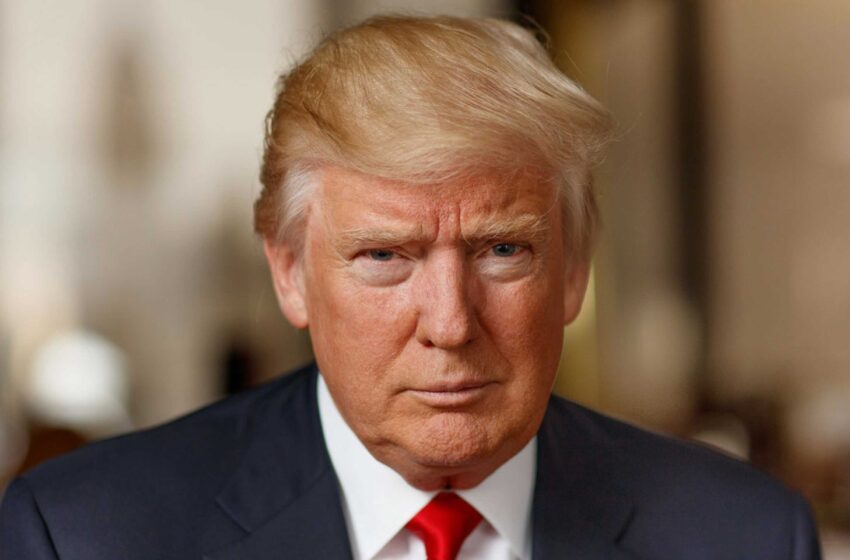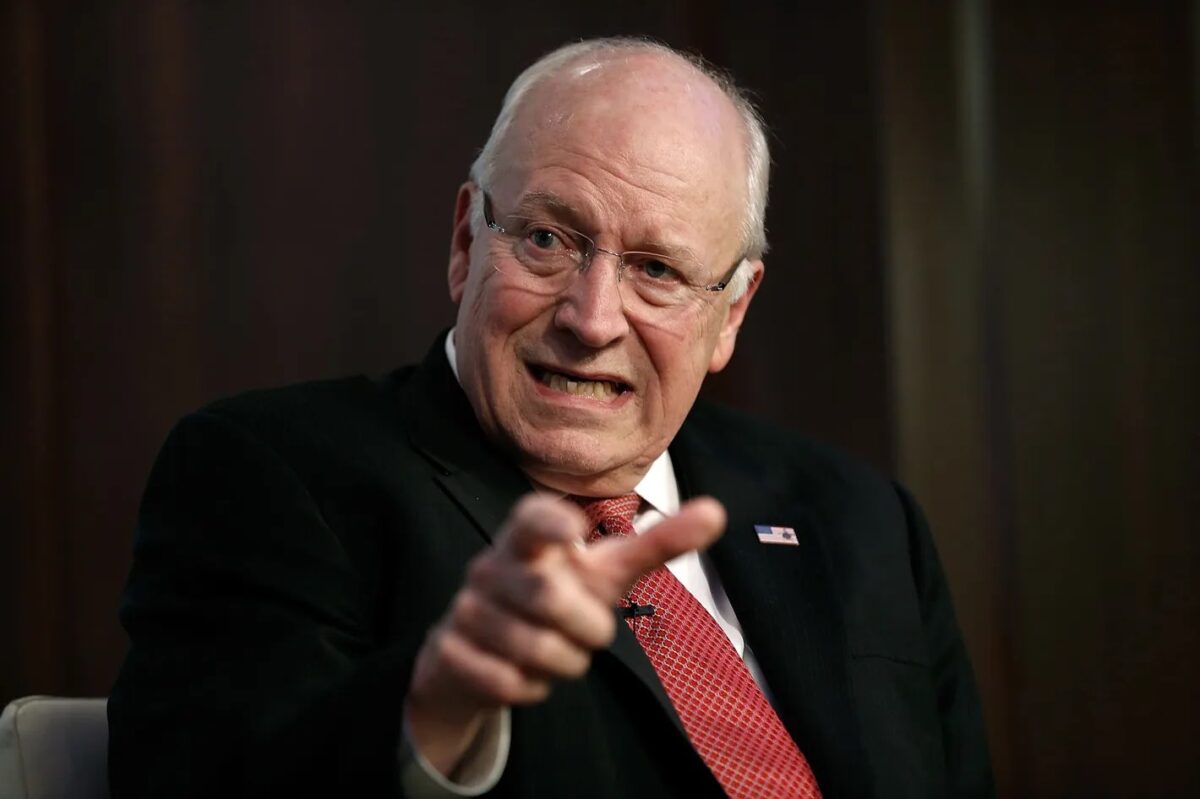9/11 anniversary: How the world still remembers September 11, 2001

Donald Trump. Picture: David Hume Kennerly/Getty Images
The streets of Philadelphia’s Old City were filled with quiet reflection on Thursday morning as the city marked the 24th anniversary of the September 11, 2001 terrorist attacks.
A procession of uniformed firefighters and police officers stepped out from the Fireman’s Hall Museum on North 2nd Street, making their way toward the historic Betsy Ross House on Arch Street. They were joined by Mayor Cherelle Parker, Police Commissioner Keven Bethel, and Fire Commissioner Jeffrey Thompson, who led the city in honoring the nearly 3,000 lives lost on that tragic day.
“Twenty-four years ago, our country changed forever,” Mayor Parker reminded the crowd, her words echoing in the courtyard of the Betsy Ross House where dozens of first responders gathered.
The ceremony carried heavy symbolism: a solemn bell tolled to honor the victims, while tributes were paid to Pennsylvania responders who answered the call at Ground Zero. Commissioner Thompson recalled colleagues from Pennsylvania Task Force One who were among the many who rushed to New York. “Some of my close personal friends were there,” he said, underscoring the deep personal connections still felt today.
As city leaders reflected on the courage of 9/11, Commissioner Bethel reminded attendees that “heroism comes in many forms — uniform or not,” a sentiment that resonated as Philadelphians paused along sidewalks and balconies to watch the procession in silence.
The remembrance, organized by the Philadelphia Flag Day Association in partnership with the Fire Department, also brought lessons for a younger generation. Students from Freedom Arts Academy were present, witnessing history beyond the classroom. Their teacher, Eboney Days, said the moment gave them a chance to “feel and learn and see what happened back then.”
Among those most moved was 18-year-old Justin Butler, who was not yet born when the attacks occurred. Inspired by the legacy of first responders — and with service running in his family through his father, a Philadelphia police officer — Butler chose this day of remembrance to be sworn into the U.S. Navy alongside five others. Rear Admiral Michael York praised the group’s commitment, noting, “It takes a special person to raise their hand and knowingly commit to such a life.”
For city officials, the anniversary is not only about grief but also about the resilience and bravery that emerged in the aftermath of tragedy. “On 9/11, the world saw both the very worst and the very best of what people are capable of,” Commissioner Bethel said.
Two decades later, those acts of bravery continue to inspire — and Philadelphia’s leaders made clear that remembrance remains as vital as ever. “Today is about making sure that we remember,” Commissioner Thompson said.
September 11, 2001 terrorist attacks: What to know
On September 11, 2001, the United States experienced the deadliest terrorist attack in its history, an event that forever changed the nation and reshaped global security. Nearly 3,000 people were killed and thousands more were injured when al-Qaeda operatives carried out a coordinated assault on American soil. The attacks targeted iconic symbols of U.S. power — the World Trade Center in New York City, the Pentagon in Washington, D.C., and potentially the U.S. Capitol or White House. Beyond the immediate destruction, the tragedy ushered in a new era of counterterrorism, foreign policy, and public consciousness.
The morning of September 11 began like any other, but within minutes, it turned into chaos. At 8:46 a.m., American Airlines Flight 11 crashed into the North Tower of the World Trade Center. Just 17 minutes later, United Airlines Flight 175 struck the South Tower in a moment broadcast live to millions around the world. At 9:37 a.m., another hijacked plane, American Airlines Flight 77, slammed into the Pentagon, crippling part of the U.S. military headquarters. The final hijacked plane, United Airlines Flight 93, never reached its intended target. Passengers bravely fought back, forcing it to crash into a field in Shanksville, Pennsylvania, at 10:03 a.m.
The collapse of the towers shocked the world. At 9:59 a.m., the South Tower crumbled after burning for less than an hour. At 10:28 a.m., the North Tower fell, releasing massive clouds of toxic dust and debris across Lower Manhattan. The destruction not only killed thousands instantly but also left many survivors and first responders grappling with long-term health problems caused by exposure to the hazardous environment.
The human toll was staggering. In total, 2,977 lives were lost, including 2,753 at the World Trade Center, 184 at the Pentagon, and 40 in Pennsylvania. Among them were hundreds of firefighters, police officers, and emergency workers who rushed into danger to save others. More than 6,000 people were injured, and countless families were left with grief and unanswered questions.
Investigations quickly revealed that the attacks were carried out by 19 operatives associated with al-Qaeda, a militant Islamist network led by Osama bin Laden. The hijackers exploited weaknesses in airline security, transforming commercial planes into weapons. Years of planning and training had gone into the operation, and later intelligence reports showed that there had been missed opportunities to intercept the plot before it unfolded.
The U.S. response was swift and far-reaching. Domestically, the government overhauled national security with the creation of the Department of Homeland Security and the passage of the Patriot Act, which expanded surveillance powers. Airport security protocols changed forever. Internationally, the U.S. launched Operation Enduring Freedom, beginning a long war in Afghanistan aimed at dismantling al-Qaeda and removing the Taliban from power.
Global reactions were equally significant. Nations around the world expressed solidarity with America. NATO invoked Article 5 for the first time in its history, declaring that the attack on the United States was an attack on all member states. The tragedy united much of the world against terrorism, though it also set the stage for years of conflict and debate over military intervention.
The legacy of 9/11 has been profound and enduring. It led to two decades of war in Afghanistan and the 2003 invasion of Iraq, costing trillions of dollars and tens of thousands of lives. It inspired a new wave of extremist groups, including ISIS, and altered the balance between civil liberties and national security. For many, the day also became a defining cultural memory, shaping how an entire generation views freedom, safety, and sacrifice.
To ensure that the victims are never forgotten, memorials have been established across the country. The National September 11 Memorial & Museum in New York sits at Ground Zero, featuring twin reflecting pools where the towers once stood. The Pentagon Memorial honors those lost in Washington, while the Flight 93 National Memorial commemorates the passengers who prevented an even greater tragedy by resisting their hijackers.
More than two decades later, September 11 remains etched into collective memory. It is remembered not only as a day of horror but also of heroism. The bravery of first responders, the courage of passengers on Flight 93, and the resilience of survivors and families continue to inspire. The attacks revealed both the vulnerabilities and the strength of humanity, reminding the world of the need to remain vigilant while honoring the courage that emerged from one of history’s darkest moments.


